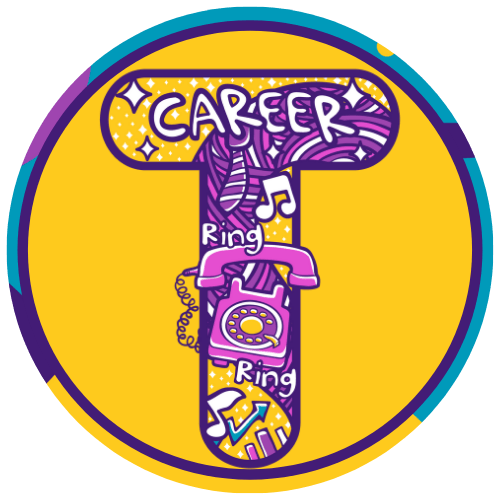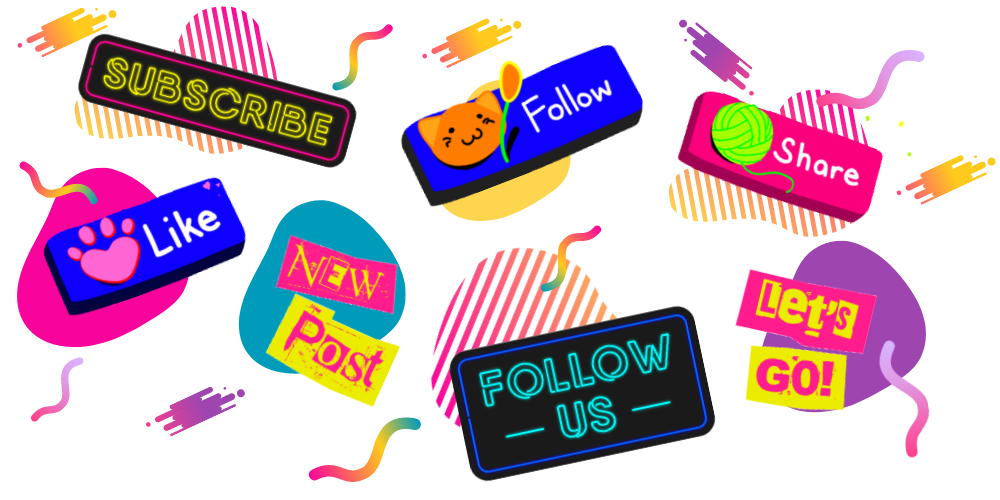Top 10 Tips for Searching for a Job during a Pandemic or Recession
Top 10 Tips for Searching for a Job during a Pandemic or Recession

First and foremost, stop asking for advice from your family, friends, & coworkers on how to pursue your career journey when many of them haven’t even figured out their own.
Then you have the Negative Nelly and Debbie Downer that will talk you right out of pursuing potential opportunities.
Though a recession may have decreased the potential opportunities in some industries, it has created opportunities in others. You have to do your homework and understand how your skills transfer to the new emerging markets.
Whether you recently got laid off or are gainfully employed looking for your next career move, here are some tips you can implement in your job search efforts.
1. Identify The Market Demands
This tip is one of the top crucial pieces of advice I can give you. Before you go ham on LinkedIn and Indeed.com, know who is hiring and the positions they are attempting to fill. Do your research on the market demands. Ask yourself, “What has shifted in my current industry?” “What new markets emerged or were created in response to this pandemic?” The most obvious is that businesses have moved online, creating career paths for companies that offer “virtual” business solutions, examples, Zoom, DocuSign, etc. These companies have increased their hiring efforts to meet the market demand for the products and services they offer.
2. Develop A Strategic Career Plan
Once you have an idea for who’s hiring, put together your action plan. We offer a Career Planner that can assist you with this task. It would be best if you had a laser focus on the companies you want to target and the decision-makers that will be part of the hiring process. It’s ideal to have these two components identified before you even apply. It makes it easier to reach out to the decision-maker when you’ve done your homework and have an active application on file. You should also have scheduled follow-ups in place, not only to “get the status” of your application but to build your network genuinely and to secure authentic relationships.
3. Update Your Resume & Profiles
This task should be completed before applying to any open opportunities. In this newly evolving virtual workforce, many hiring authorities will check out your LinkedIn profile before reviewing your resume. If you need help bringing it all together, take a look at our Resume and LinkedIn packages. Once updated, keep it updated. You always want to stay ready, so you never have to get ready!
4. Reach Out to Your Network
Once your resume and online profiles are up-to-date, it’s time to start reaching out. I recommend starting with those in which you already have a relationship with, such as past coworkers & colleagues. Don’t forget those that you mutually worked on projects with or completed volunteer assignments. If you are an active member of any professional associations, make sure you reach out to fellow members and give them the skinny on your job search efforts. If you need assistance with crafting a warm introduction, download our free no fuss e-mail templates. They will give you the necessary foundation to communicate with confidence.
5. Join or Participate in professional associations/networks/groups
Joining career-related associations with like-minded people is one of the best ways to cast a wider net to expand your network. Joining professional networks is an effective way to learn about the hidden market of career opportunities and build lasting relationships within your industry. There is someone right now in an organization that has a career opportunity that would be an excellent fit for you. But if you do not leverage these networks to your advantage, these potential opportunities are offered elsewhere, and sometimes to less qualified individuals. It’s not Who you know, but Who Knows You! If you are a Shaker, Mover, or Doer, and want to network with other like-minded leaders, join our society and stay in the know!
6. Advance Your Current Skill Set
If you find yourself being tossed back into unemployment after working years, if not decades at one company, it may be time to re-evaluate your skills. Sometimes we can become complacent in our careers and use processes that are familiar and not what is the industry standard. You may still be punching in reports on an excel spreadsheet when there is industry-standard software that does this in a push of a button. When you are not in the know, it creates a disconnect. Are you familiar with the current technology or methodology in your industry? What got you your job five to ten years ago may be irrelevant now. There are countless online resources such as Udemy, Coursera, edX that offer industry-specific courses that will give you the cutting-edge skills to make you more marketable to employers.
7. Be Open-Minded to a Variety of Opportunities
Your next opportunity may not come in the form of a Fortune 100 company with unlimited PTO and a loaded travel expense account. It may come in the form of a startup that's looking for someone with your expertise to help them with a grassroots project. It may come in the form of a non-profit that needs assistance in spreading their mission and vision to others. It may even come in the form of an unpaid volunteer project that turned to full-time paid employment. Don’t turn away potential leads because the package doesn’t carry a household brand. You must have an open mind to a range of opportunities, or they will simply disappear.
8. Get Creative
This is the fun part! Creativity is what will set you apart from the pack. Think of some things that will get you noticed—maybe having a website or a comprehensive portfolio. Create a result-driven portfolio, showcasing outcomes of your work supported by quantitative data. Create a blog and position yourself as a leader in your industry by sharing your unique perspective on industry trending topics. Since many have jumped on the “no one reads cover letters” bandwagon, send that carefully crafted letter of interest that highlights all your accomplishments and proven value to a hiring authority. Take time to discover your creative side. Once found, the possibilities are endless! If you need help getting your creative juices flowing, schedule a Power Hour call to take your visibility to the next level.
9. Be Persistent & Consistent
As we all know, closed mouths don’t get fed. Old school marketing efforts follow the rule of 7. The Marketing Rule of 7 states that a prospect needs to “hear” the message at least seven times before taking action. With social media, apps, text messaging, and other instantaneous applications that makes the marketing rule pretty much obsolete. Not to say that repetition doesn’t play a factor in getting your message out, but being consistent has a more significant impact. Showing up and continuously showcasing your value will get you further than a one-off e-mail or LinkedIn request. You should be nurturing your network even when you are gainfully employed. It shows more character than reaching out only when you are looking for a job. Being persistent and consistent should be a way of life, not just when searching for a job.
10. Patience is Your Best Friend
This is probably one of the most challenging tips to follow. We all want it now! Understandably so, because your bills aren’t going to pay themselves. I get it, been there, done that, got a t-shirt and a souvenir cup. But what I almost learned there is a divine process that has to be acknowledged and respected. Success doesn’t happen overnight, nor does gaining access to it. If your sense of urgency outweighs your sense of landing a career that aligns with your long-term goals, you’ll end up with a fly-by-night opportunity. Practice patience and understand that everything happens right on time!
Sound Off 📢 What are some tips that helped you land your opportunity in the past?
Be Kind & Share! 💌
About the author
Bridget Baggett is a Career Strategist and a Diversity Consultant that assist professionals with their career journey. She helps career-oriented professionals navigate the competitive workforce by setting attainable career goals that lead to gainful employment, promotions, salary increases, and meaningful career changes. She is the founder of the Twisted Career Society, a network of professionals that inspires, educates, and innovates the global workforce.








